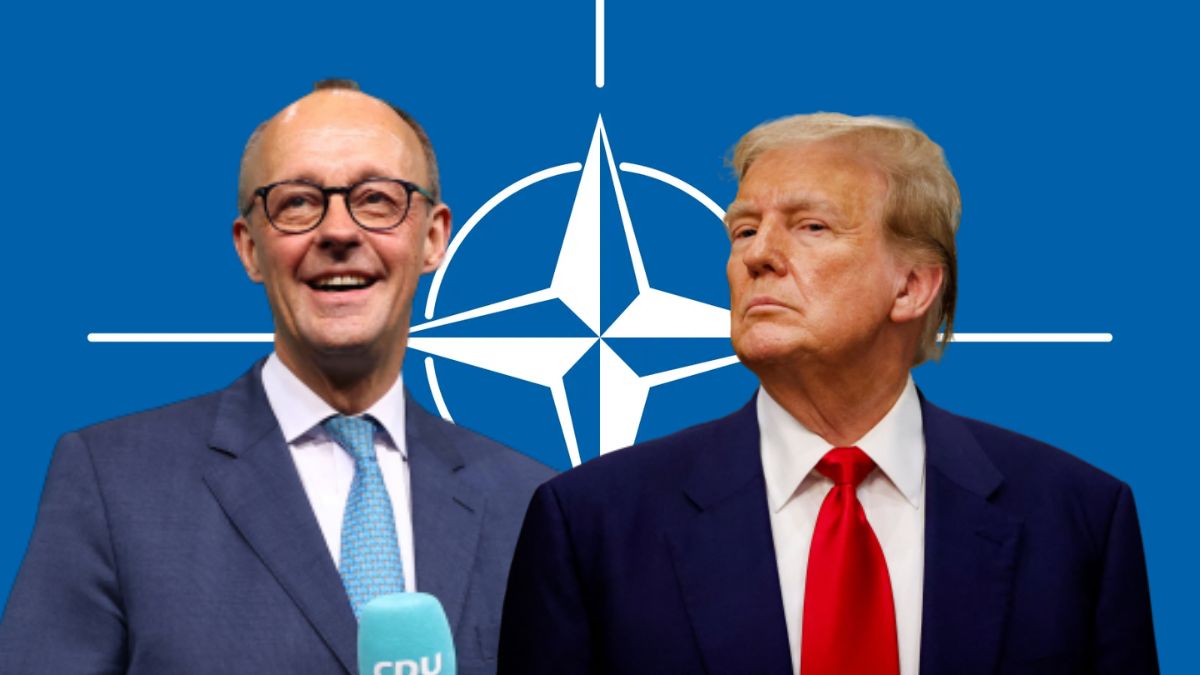German Chancellor Friedrich Merz will visit Washington next week for his first in-person meeting with US President Donald Trump, the government said Saturday. The two leaders are scheduled to meet at the White House on Thursday with the ongoing war in Ukraine and rising transatlantic trade tensions high on the agenda.
Merz, who assumed office on May 6, is expected to discuss bilateral relations, international crises including Ukraine war and developments in the West Asia as well as economic and trade policies with Trump.
Since taking office, Merz has stepped up diplomatic efforts to maintain Western unity on Ukraine. Earlier this week, he hosted Ukrainian President Volodymyr Zelenskyy in Berlin in a push to secure broader support for a ceasefire.
Trump has rattled Europe with shifts in security and trade policy since returning to the White House, including an array of tariffs on European partners.
Speaking at the WDR Europaforum conference last Monday, Merz said the European Union could retaliate with measures against US technology companies or other tariffs if the transatlantic trade conflict escalates.
“We shouldn’t react heedlessly and hectically,” Merz said. “But if we can’t do anything else, we would need to use this tool.”
But Merz’s government, which last week said it would help Kyiv develop long-range missiles, wants to make sure that Washington will not walk away from Ukraine during its war with Russia.
Impact Shorts
More ShortsMerz and Trump have already had several telephone conversations, with the two agreeing earlier this month to visit each other, without giving dates.
With regards to the conflict in Gaza, Merz has sought to heighten the pressure on Israel over its policies, balancing Berlin’s support for the Israeli government with criticism of how it is fighting in the territory.
“I no longer understand what the Israeli army is now doing in the Gaza Strip,” he told public broadcaster WDR last week, warning the Israeli government to not do that which “friends are no longer willing to accept”.
The visit comes at a critical time in EU-US relations. Trump has threatened to slap 50% tariffs on imports from the European Union, though he postponed the implementation to July 9, leaving a narrow window for negotiations. Germany, as Europe’s largest economy, has a significant stake in averting a full-blown trade conflict.
With inputs from agencies


)

)
)
)
)
)
)
)
)



